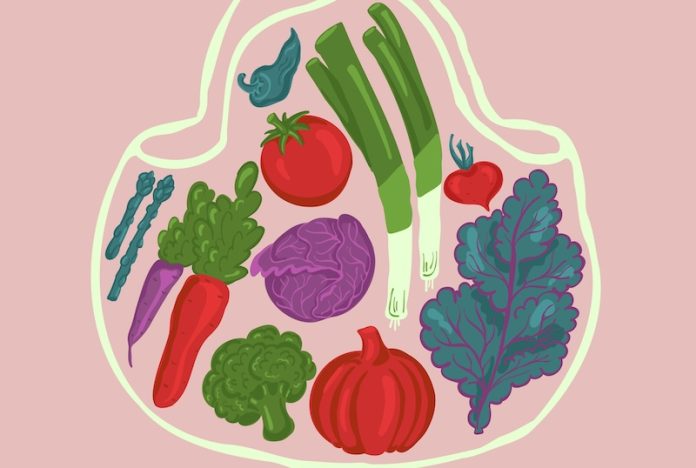
Heart failure is a serious condition where the heart can’t pump blood as well as it should. This can make everyday activities very tiring and difficult.
Research now shows that what we eat plays a big role in preventing this condition. Especially, a diet full of plant-based foods might be a great way to lower the risk of heart failure.
Let’s dive into what this all means. Normally, our heart works tirelessly, pumping blood that carries oxygen and nutrients to every part of our body. But when heart failure happens, the heart muscle weakens and can’t do its job properly.
This leads to a buildup of fluids in places like lungs and legs and causes tiredness and shortness of breath. Factors like high blood pressure, diabetes, and obesity can increase the risk of developing heart failure. Luckily, diet is one way to tackle these risks head-on.
Studies have shown that eating more fruits, vegetables, whole grains, nuts, and legumes can be incredibly beneficial. These foods are staples of what is commonly called a plant-based diet.
They are low in unhealthy fats and high in fiber, vitamins, and minerals that help keep the heart healthy.
For instance, a major study found that people who ate a diet rich in these types of foods had a significantly lower risk of heart failure than those who ate less of these foods.
What’s really interesting is the specific benefits of certain foods. For example, leafy green vegetables like spinach and kale are loaded with potassium, which helps control blood pressure.
Whole grains, which include foods like brown rice and whole wheat bread, help manage weight and cholesterol levels. Nuts and seeds, while high in calories, contain beneficial fats that help heart health.
On the flip side, diets high in red meat, processed foods, and sugary drinks have been linked to an increased risk of heart failure. These foods can lead to high blood pressure, high cholesterol, and obesity, which are all risk factors for heart failure.
Therefore, reducing these types of foods and focusing more on plant-based choices can be a key strategy for heart health.
This doesn’t mean you need to become a vegetarian or vegan, but integrating more plant-based meals into your diet can make a big difference.
For example, you could start by having a “meatless Monday” each week or by choosing vegetable-based snacks instead of processed ones. Every small change can contribute to a healthier heart.
It’s also important to note that diet is just one part of maintaining heart health. Other lifestyle choices like regular exercise, not smoking, and managing stress are also crucial. But the good news is that starting with diet changes can be a motivating way to kickstart a journey toward better health.
So, what should you remember from all this? Simply put, eating more fruits, vegetables, whole grains, nuts, and legumes can lower your risk of heart failure.
This heart-healthy diet, along with other healthy lifestyle choices, can help keep your heart pumping strong for years to come. Making small changes to your diet can lead to big benefits for your heart health.
So next time you’re at the grocery store, think about adding more plant-based foods to your cart. Your heart will thank you!
Follow us on Twitter for more articles about this topic.
Copyright © 2024 Scientific Diet. All rights reserved.





